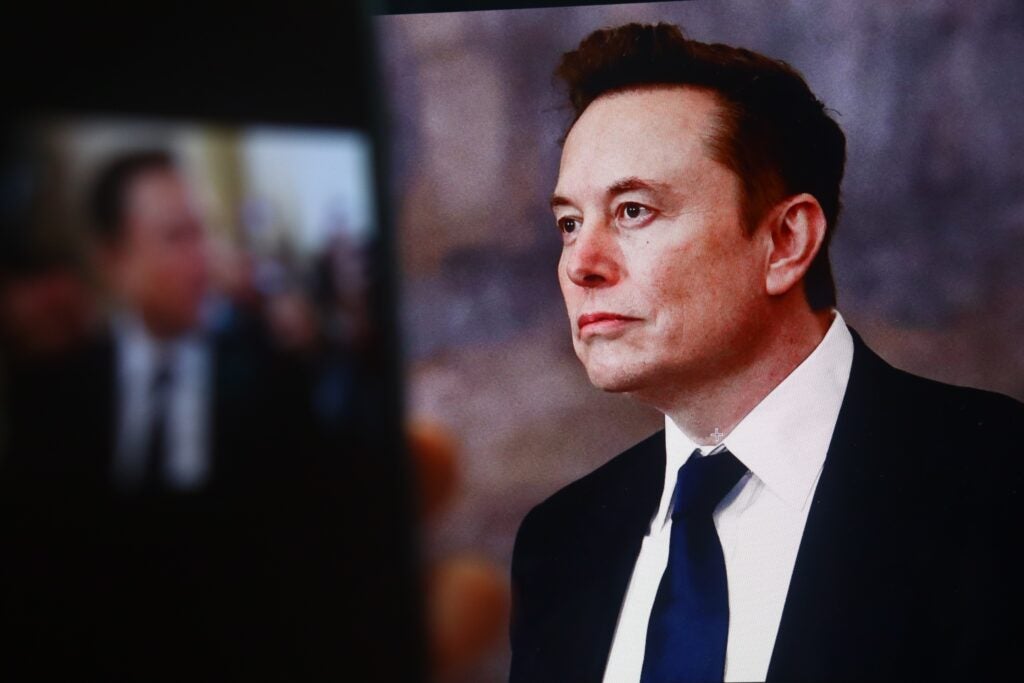Elon Musk’s SpaceX has paid little to no federal income tax since its 2002 launch, despite securing billions of dollars in U.S. government contracts. A tax maneuver rooted in more than $5 billion in accumulated losses—and made indefinite by a 2017 law—continues to shield the rocket company from the IRS.
Elon Musk’s SpaceX Paid Almost No Federal Income Tax Since 2002 Despite Billions In Government Contracts: Report

Key Takeaways:
- SpaceX has “paid minimal to no federal income taxes” since 2002.
- The company amassed over $5 billion in net operating losses by late 2021.
- Those losses allow SpaceX to avoid tax on nearly $3 billion in future income.
- A 2017 change signed by President Donald Trump made the tax benefit permanent.
- All of this comes as the $350 billion-valued firm relies heavily on U.S. government contracts.
Two Decades, Near-Zero Tax Bill
SpaceX, founded by Elon Musk in 2002, has “paid minimal to no federal income taxes” for most of its existence. According to figures cited by The New York Times and reported by Benzinga, the company has not sent the Internal Revenue Service a check on roughly $5 billion in taxable income.
The $5 B Shield
The secret lies in a net operating loss carryforward—a provision that lets firms write yesterday’s red ink against tomorrow’s black ink. By late 2021, SpaceX had piled up “more than $5 billion in losses,” giving it a tax credit it can deploy as profits roll in. The mechanism allows the company to “avoid paying tax on nearly $3 billion in future taxable income,” the report says.
A Law That Opened Space
That shield would once have expired, but a 2017 overhaul signed by President Donald Trump “made [the benefit] indefinite for all companies.” The change effectively granted SpaceX endless runway to offset profits with its early-stage losses.
Contracts Without Contribution
The arrangement is striking because SpaceX depends heavily on Washington’s wallet. Although specific contract totals were not disclosed, the report notes the company’s “significant reliance on U.S. government contracts.” In other words, taxpayer dollars help fund the rockets—while the IRS sees little of SpaceX’s returns.
Valuation vs. Taxation
Today, analysts peg SpaceX’s valuation at “over $350 billion,” a figure that ranks the private firm among the world’s most valuable. The company continues to plow cash into new launch systems and satellite networks, investments that produced the losses underpinning its tax advantage.
What It Means
SpaceX’s flight path through the U.S. tax code underscores the lasting reach of policy tweaks and the power of net operating losses. For critics, it is a reminder that even the most ambitious ventures can return to Earth when the tax bill comes due—unless the law keeps the runway open.











